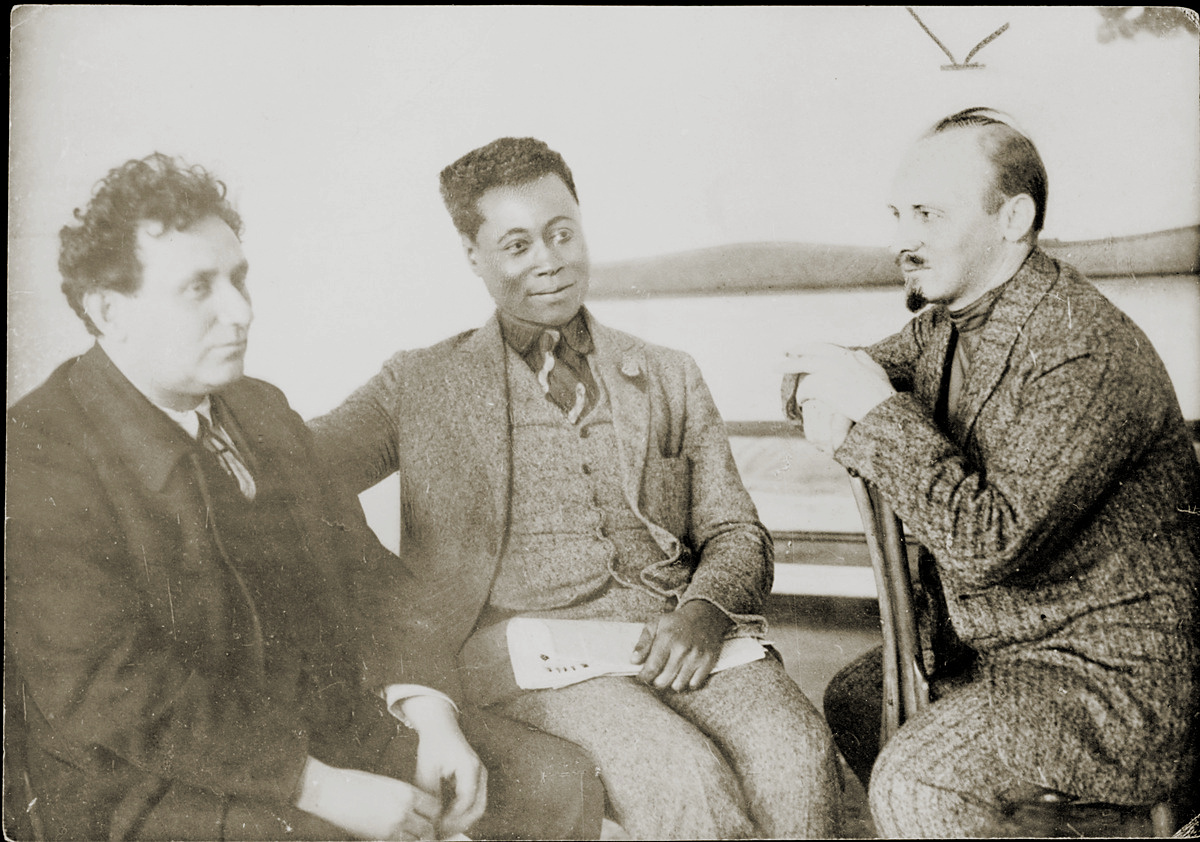Historical Significance
"Despite being seen as one of the Renaissance's guiding lights, McKay — Jamaican, bisexual, a Marxist who grew disenchanted with communism before the rest of his cohort — also brought an outsider’s critical gaze to the movement."
- Talya Zax (New York Times)
McKay was pivotal to the Harlem Renaissance as one of the first African Americans to be read and published by the mainstream media. Without Claude McKay, "If We Must Die" and his classic use of language never would have inspired a whole generation of black people. McKay's development of a call-to-action was very important to the rise of black culture as it gave African Americans a sense of unified frustration that helped them fight racism. Not only did McKay inspire the famous Langston Hughes, but people all over the world. He spread the truth about communism in a time when everyone thought it was an incredible idea. This independence and ambition to choose a different path inspired others to do the same. He was extremely ahead of his time and saw the truth about the future of America. His significance has not diminished as two of McKay's novels were recently published posthumously and strong support for them has emerged. According to an article from The Los Angeles Times "If We Must Die", "has since been cited and recited in all kinds of circumstances by all kinds of people, including that other great master of rhetorical, and actual, defiance, Winston Churchill," (Rubin, Merle). His poems not only served as a call-to-action for black people in America, but people of all ethnicities, backgrounds, and classes. McKay's poems hold strong meaning all over the world from Harlem, New York to Great Britain and on.

Claude McKay (middle) pictured with the Soviet politicians Grigory Zinoviev and Nikolai Bukharin in 1923 - Wikimedia Commons